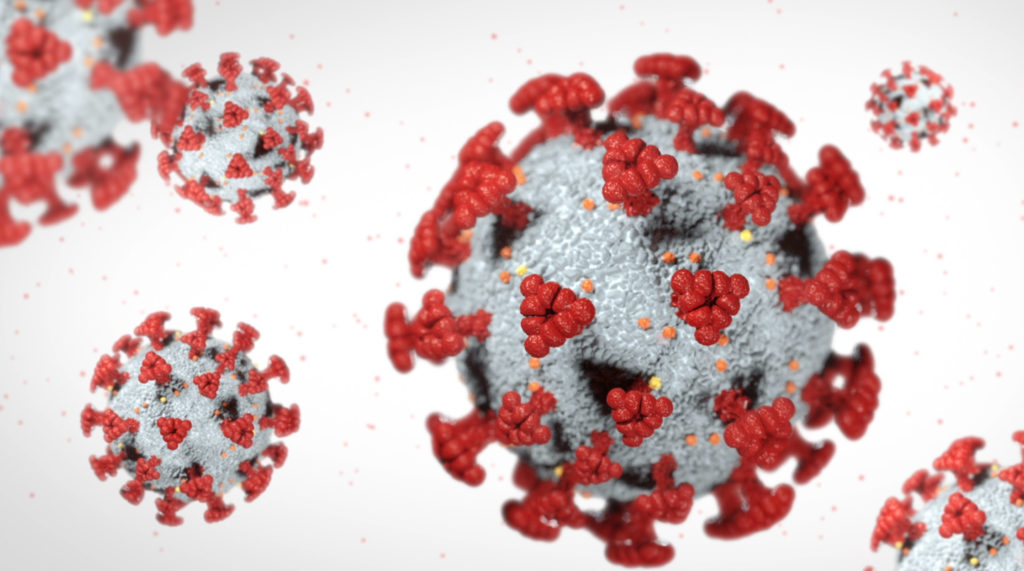Geneva/New York, February 9 – A team of experts from 10 countries sent by the World Health Organization to investigate the origins of the Covid-19 virus in Wuhan, China, said the virus may have originated from animals and transmitted to humans.
The team said at the close of a four-week probe in Wuhan, where the coronavirus outbreak started in early 2020, said it was unlikely that the virus had leaked from a Chinese laboratory.
“Our initial findings suggest that the introduction through an intermediary host species is the most likely pathway and one that will require more studies and more specific targeted research,” Peter Ben Embarek, an expert at WHO food safety and animal diseases, said at a conference in Wuhan attended by WHO and Chinese experts.
“However, the findings suggest that the laboratory incidents hypothesis is extremely unlikely to explain the introduction of the virus to the human population” and will not be suggested as an avenue of future study, Embarek said.
The WHO said its team conducting the Global Study of the Origins of SARS-CoV-2 in China worked with Chinese scientist and health colleagues and they had finished their work. The team’s report would be published once it is completed.
The press conference was led Dr Liang Wannian, Chinese team lead and Executive Vice Dean of school of public health at Tsinghua, Dr Peter Ben Embarek, WHO International Team Lead, Professor Marion Koopmans, member of the WHO international team and Head, Department of Viroscience, University of Rotterdam and Mi Feng, National Health Commission of China, spokesperson.
In Geneva, WHO Director-General Tedros Adhamon Ghebreyesus told a meeting of WHO anti-Covid-19 programs known as ACT Accelerator and COVAX Facility that the world is at a “critical juncture” as it continues to fight the coronavirus with vaccines, diagnostics and therapeutics to bring the virus under control.
“International collaboration is increasingly fragmented and inequities are increasing,” he said.
“More than 90 per cent of countries now rolling out vaccines are wealthy. Seventy-five percent of the 130 million deployed doses have been in only ten countries. Meanwhile, almost 130 countries, with 2.5 billion people, have yet to administer a single dose.”
“Many of these countries are also struggling to secure the resources for testing, personal protective equipment, oxygen, and medicines,” he said. “The ACT Accelerator and COVAX Facility were created to increase equity. But with every passing day, that goal is at risk.”
He called on governments and donors to fully finance the programs as there is still a financing gap of $27 billion for 2021 and warned that the longer the gap the harder it will become to meet targets to provide vaccines to low-income countries. He said the financing request by WHO is “tiny” compared with the trillions of dollars mobilized for stimulus packages in G20 countries.
United Nations correspondent journalists – United Nations correspondent journalists – United Nations correspondent journalists
United Nations journalism articles – United Nations journalism articles – United Nations journalism articles

